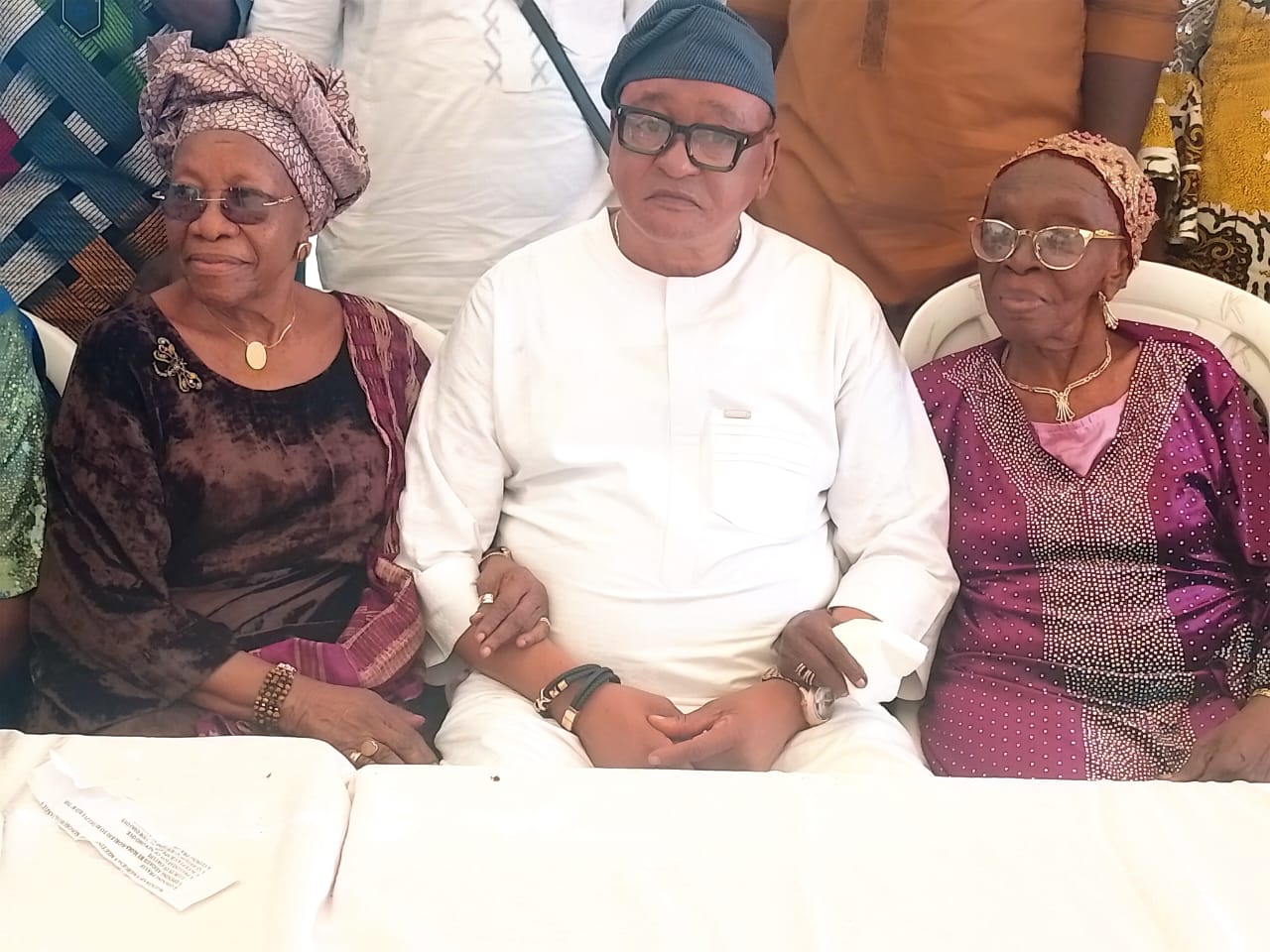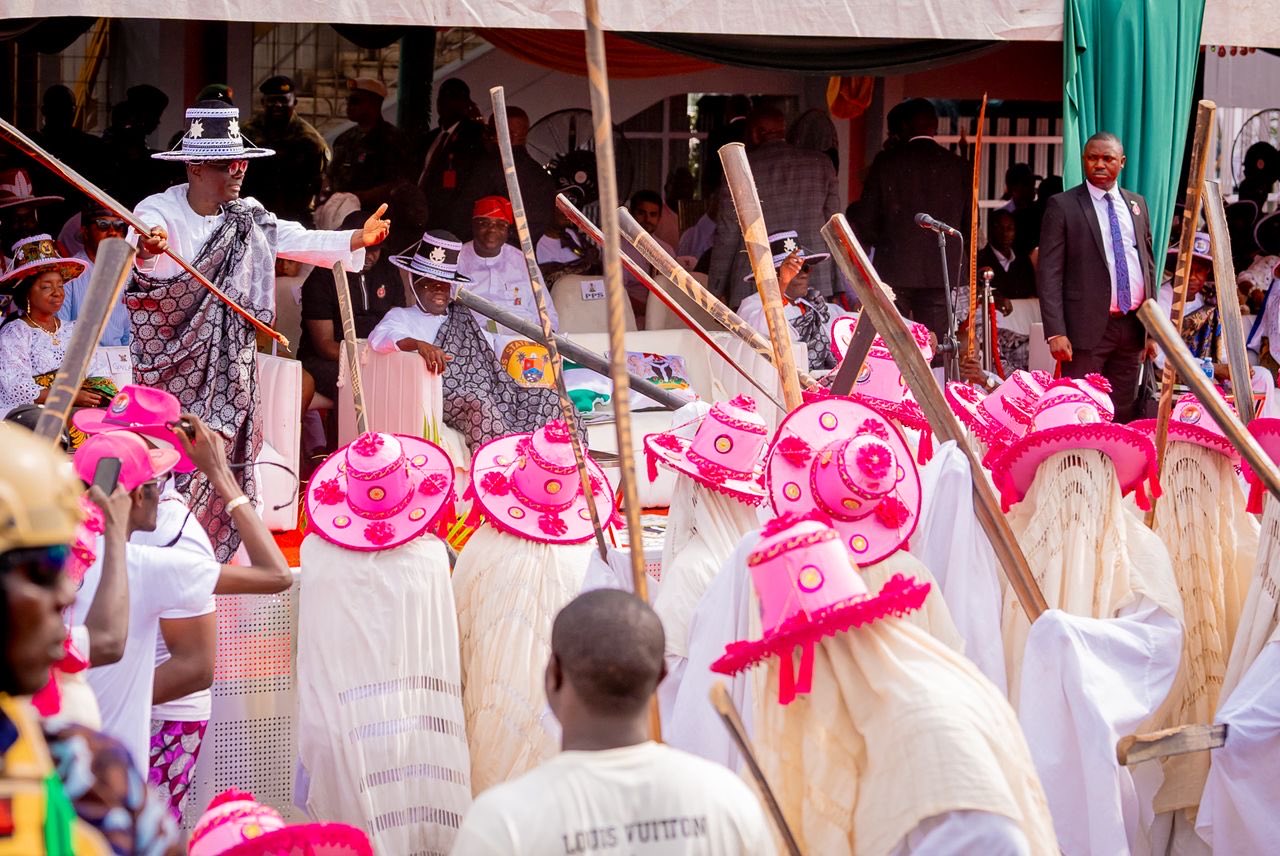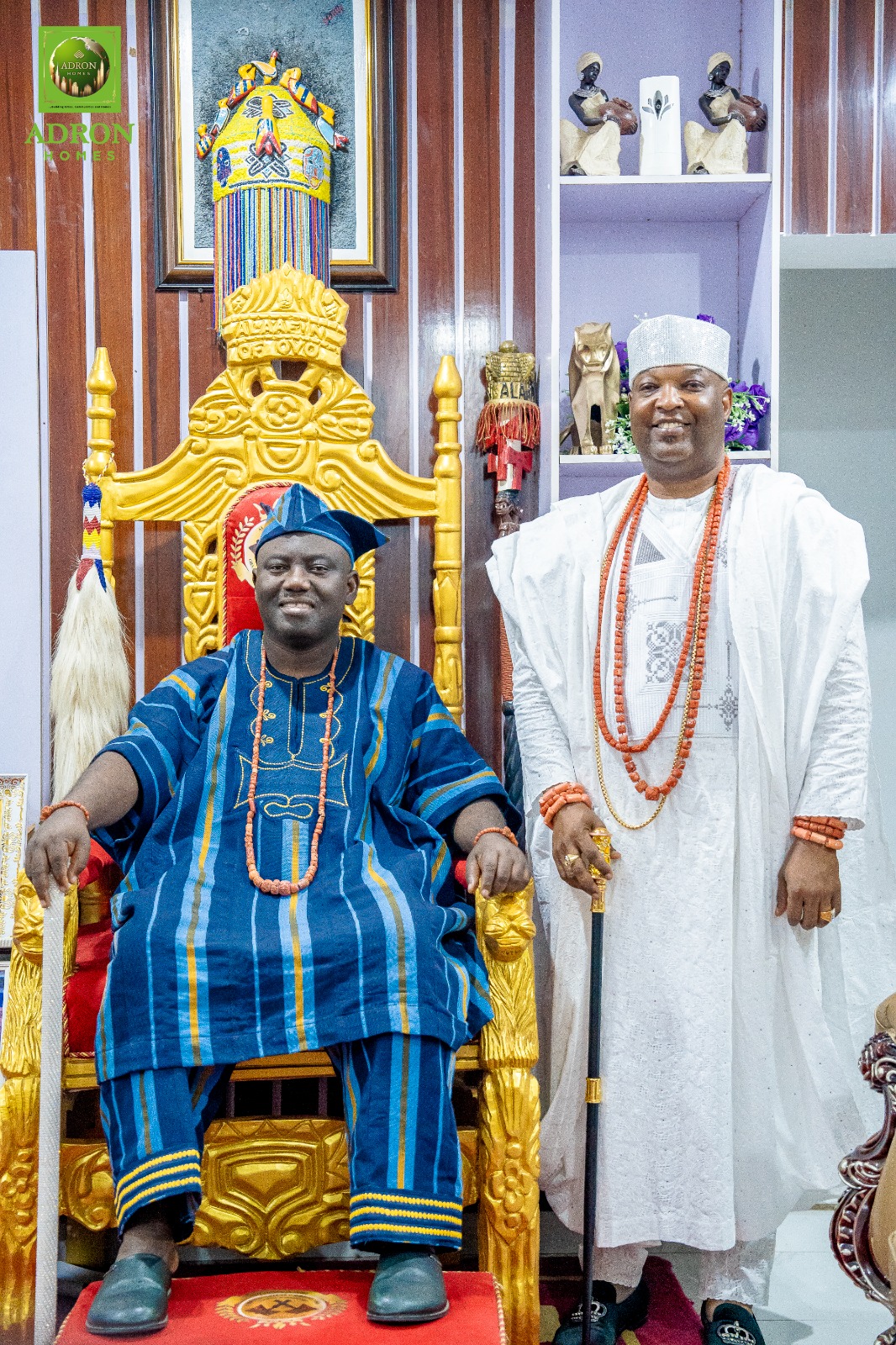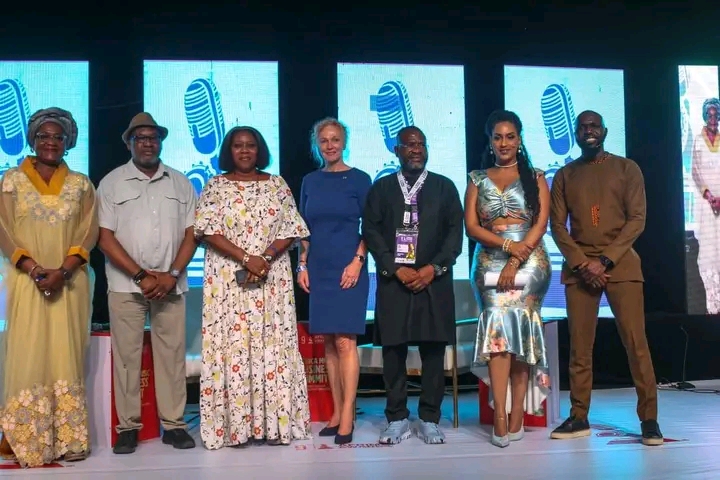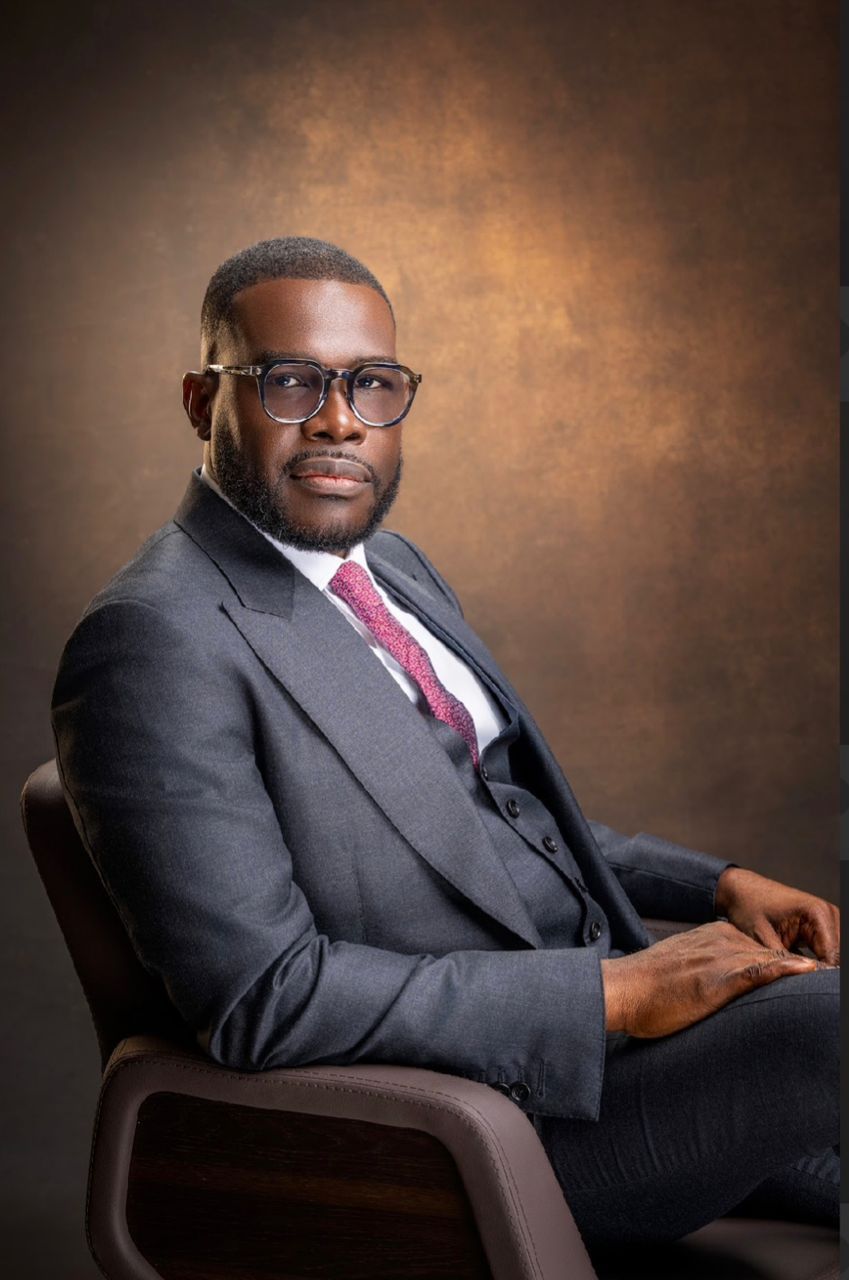Lisabi Festival: Renaissance of the Egba Culture In Its Own Unique Way
BY MORUFF ADENEKAN
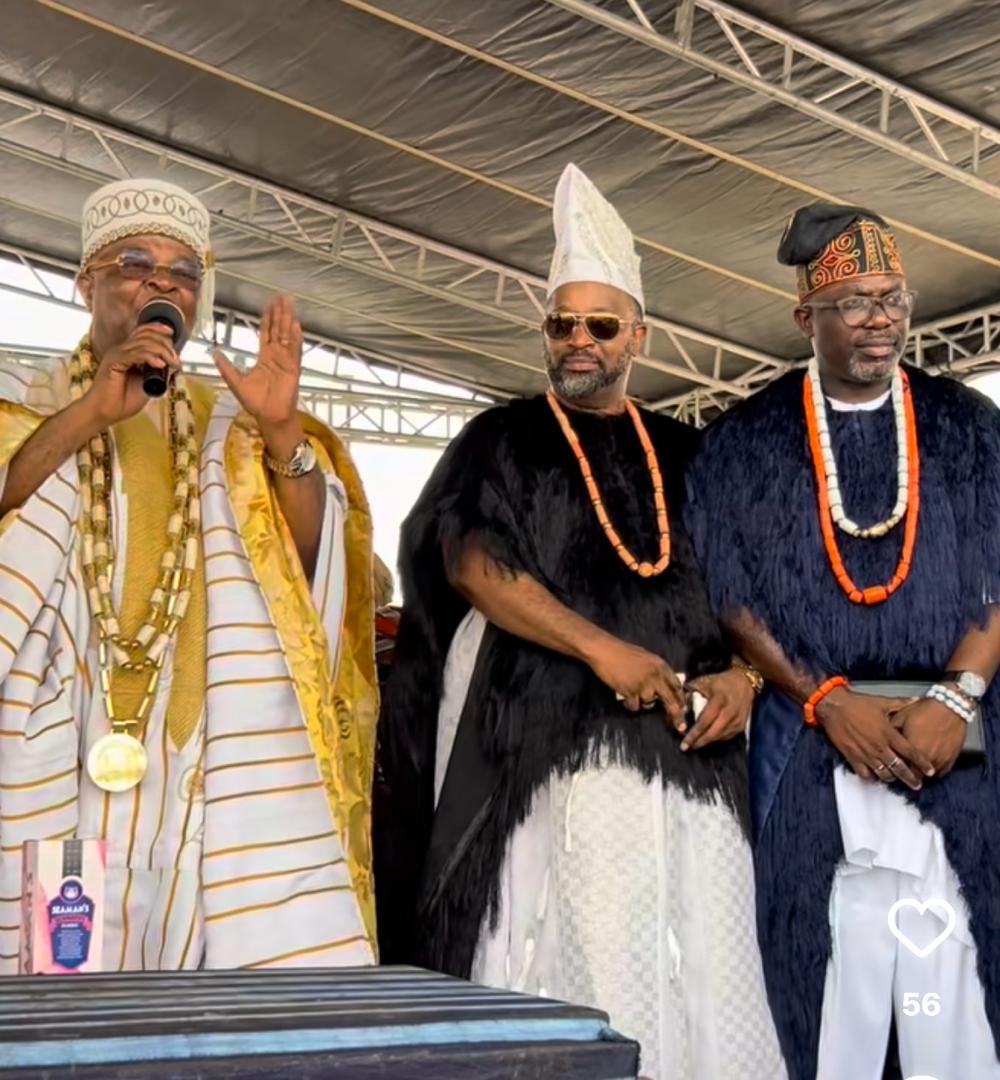
Renowned scholar and anthropologist, Franz Boas, in one of his scholarly works, gave a perspective of culture as a unique thing peculiar or specific to each group of people or society. He defined culture as “a unique set of practices, values, and beliefs that define a particular group or society, shaped by historical and environmental factors.”
Boas’ perspective lays credence to the widely-held view that culture differs from one group of persons or society to another, and that the uniqueness of every culture represents the unique identity of the people of that particular culture.
In Nigeria, like in many contemporary societies, the cultures of different people have evolved over time, and despite the influence of modernisation and the fast-rising popularity of pop culture, many societies still maintain their unique culture and traditions.
The consciousness to give better media coverage and exposure to cultural festivals in Yorubaland started with the annual Osun Osogbo under the leadership of Ogbeni Rauf Aregbesola when he was the Governor of Osun State (2010-2018), with the objective of making it tourist-destination activities. This gained traction a lot.

The truth is, last year’s edition of Ojude Oba was the first interaction many people (not just the Millennials and GenZ as some would opine) had with the homage paying festival of the Ijebus. Nothing has changed over the years in the format of the festival aside the heavy media attention majorly driven yearly by sponsors like Globacom among others until last year when citizens’ media took over in grand style across all social media platforms.
Lisabi Festival is a vibrant celebration of the rich cultural heritage of the Egba people in Abeokuta and across the globe. This unique festival honours the legendary Lisabi, warrior and liberator of Egba people of old. The festival also showcases the rich Egba’s history, traditions, and values through music, dance, and art.
With its distinctive blend of cultural expression and historical significance, Lisabi Festival holds every year too as a unique platform to bring together all Egba sons and daughters at home and all over the world. It has been held over the past 38 years, and it is an unforgettable experience that highlights the importance of preserving and celebrating the Egba’s unique culture and traditions.

Nothing new was added to the 38th edition of the Lisabi Festival since it commenced. Lisabi Festival is a week-long event including a visit to the Igbo Lisabi (the shrine), which is opened to a few initiated. There is also a Abeokuta city procession by the youth of different town representatives in a street carnival-like. This involves people cooking and having fun. Again, this hasn’t gained traction among the Egba people in the Diaspora.
Aside from the above, there are also inter-clans and villages competitions including Ayo Olopon yearly sponsored by Eagle Aromatic Schnapps and other sponsors for about 15 years as far as I know. There is Eke/Ijakadi (local wrestling competition). I have been exposed to all these activities since my school days in the department of Ogun State Polytechnic back in the early 90s and as a son of the soil.
What we saw at the Lisabi Festival grand finale event was a deliberate and conscious efforts of a group of professionals under the auspices of Egba Legacy Network, in conjunction with Lai Labode Foundation working with the Traditional Central Planning Committee of Lisabi festival to draw more people to participate in the festival using few, relevant general public-facing activities and make it more appealing to get more Egba people to travel home and come along with their family and friends.
The Lisabi Festival grand finale event featured stunning fashion showcases, artistic exhibitions, and live performances that brought the rich Ẹ̀gbá history to life. From the timeless elegance of Adire to the regal presence of agbádá, the essence of Ẹ̀gbá sophistication was on full display.
The display of fashion and style dubbed Egbáliganza was not just for the fun of it. It was a well-thought out journey of bringing back the regular clothes of the old Egbas warriors, chiefs and high networth individuals -to showcase a part of the unique beauty of Egbaland culture. All the attires on display were curated from the archive of the Egba tradition. All these affirm the uniqueness of Lisabi Festival in its own way, and with its unique target audiences.
At the heart of this cultural renaissance using Egbaliganza, is plan to build a $1 billion value chain using Ẹ̀gbáliganza to establish indigenous textile industry, particularly in Adire and other traditional fabrics. Through structured training programs, funding support, and market expansion strategies, the event aims to empower local artisans, designers, and textile entrepreneurs, positioning Ẹ̀gbáland as a global fashion and culture hub.
Lisabi holds a special place in Yoruba history, particularly among the Egba people. He’s remembered as a hero who stood up to oppressive forces, and fought tirelessly for freedom. His life story became a symbol of the struggle for self-determination, inspiring many with his bravery, eloquence, and heartfelt dedication to his community during turbulent times. These are the traits you find in the Egbas.
Ultimately, the Lisabi Festival brings people together to celebrate his remarkable legacy. By doing so, the industrious and proud Egba people reflect and carry on the values of unity, courage, and resilience to future generations, reinforcing a shared identity and the timeless importance of resisting oppression, at least for one week, every year.
Ultimately, Franz Boas’ assertion that culture is a unique set of practices, values, and beliefs that define a particular group or society, shaped by historical and environmental factors, still has currency. To bring home, perhaps in a more pop-culture centric way, the culture-rich people of Louisiana in the United States celebrate Mardia Gras.
The Caribbean transplants to the United Kingdom celebrate Notting Hill Carnival and several countries in the Caribbean have their versions of Carnival. One is not necessarily a copy of the other, in as much as they have the same roots or similar inspirations. That said, we are all the better for it if our respective traditional celebrations get prominent media coverage and resultant wide attention, as we’ve seen with Ojude Ode, and Ẹ̀gbáliganza from Lisabi Day.
Agba-Akin Moruff Adenekan is the MD/CEO of PR Redline Limited, he writes from Lagos



